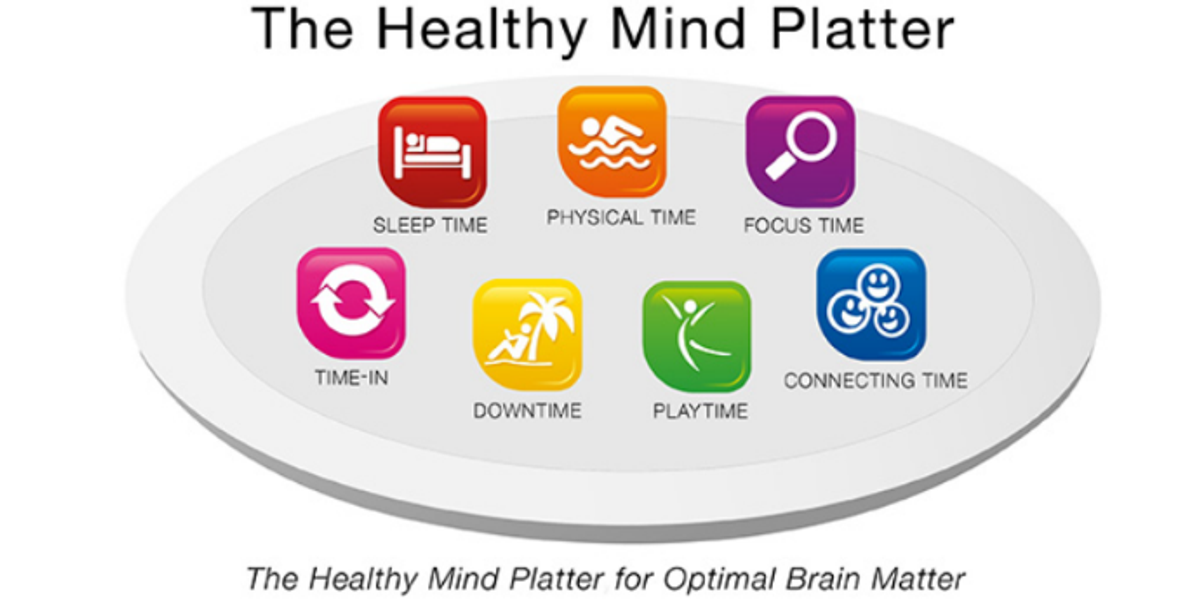Director Learning and Teaching
- Mrs Anna Robertson

Director Learning and Teaching
- Mrs Anna Robertson
Whilst every term at College brings different experiences, events, learning, and invariably ups and downs, there is never any doubt that they are all busy! Term 1, 2024 has been no different and I would like to congratulate and thank all the students, staff and families for their efforts in all areas of learning, both in and out of the classroom this term. It has been a wonderful start to the year, and I have been impressed at the hard work and focus of our students of all ages and year levels. I know many of you will be ready for a well-deserved break, and others, such as our Year 11 and 12 students, will continue study over the holidays.
One of the things I always enjoyed about teaching in a primary classroom was that I was able to teach across many subjects. While I love teaching across the curriculum, I have to admit that I have always particularly enjoyed teaching – and learning about – Science. As a parent and educator, neuroscience – learning about the brain, how it works, and how best to apply this to an educational context – has been a keen interest of mine.
Dr Dan Siegel a clinical professor of psychiatry at the UCLA School of Medicine and executive director of the Mindsight Institute. His books relate complex information about how the brain develops from infancy throughout life in an easy-to-understand way that, I have found helps parents and educators to support children in developmentally appropriate ways.
As we all head into the holiday period I thought his ‘Health Mind Platter’ was a helpful guide to support us all, whether you are studying, working, or taking a break, to focus on giving our brains a good break too, so that we can feel refreshed and reenergised for Term 2, ready for the academic rigours and learning that we will undertake.


Seven daily essential mental activities to optimize brain matter and create wellbeing
Focus Time
Playtime
Connecting Time
Physical Time
Time In
Downtime
Sleep Time
Further information about the Healthy Mind Platter and Dan Siegel can be found via the link below.
Healthy Mind Platter - Dr. Dan Siegel (drdansiegel.com)
I wish all of you a happy and safe Easter for those celebrating, and a restful and holiday break.
Anna Robertson
Director of Learning & Teaching